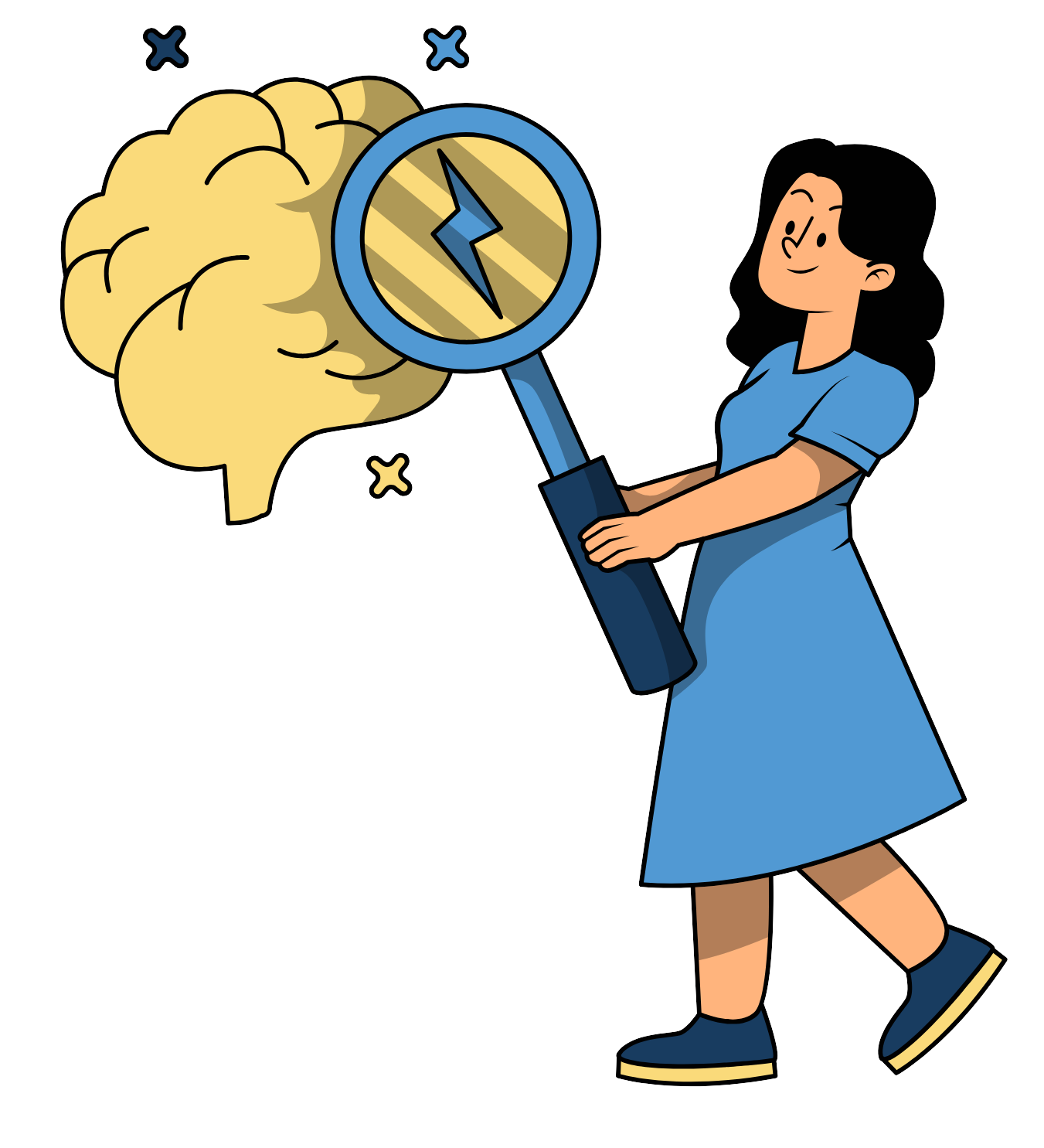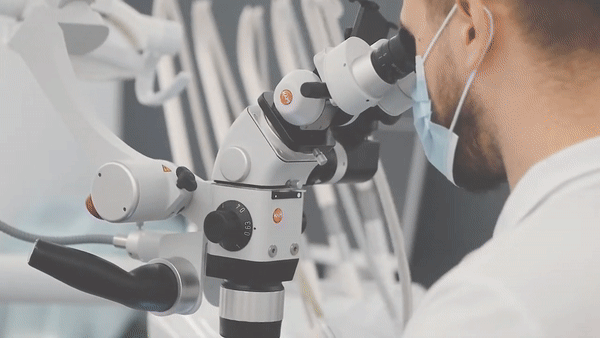Let's Fight OCD Together

What is Obsessive-Compulsive Disorder (OCD)?

Introduction to OCD
Obsessive-Compulsive Disorder (OCD) is a mental health condition that impacts the way a person thinks and behaves. It’s characterized by two main symptoms: obsessions and compulsions. These symptoms can create significant distress and interfere with everyday life.
Understanding Obsessions
Obsessions are unwanted and intrusive thoughts, images, or urges that repeatedly enter a person’s mind. These thoughts are often distressing and cause a lot of anxiety or discomfort. People with OCD find these thoughts hard to control or ignore, and they often feel overwhelmed by them.
Example: Imagine constantly worrying about harming others, even though you have no desire to do so. These persistent, intrusive thoughts are a hallmark of OCD.
Understanding Compulsions
Compulsions are repetitive actions or mental routines that a person feels compelled to perform in response to their obsessions. These actions are intended to reduce the anxiety or discomfort caused by the obsessive thoughts.
Example: Excessive hand washing or repeatedly checking locks are common compulsions. While these behaviors provide temporary relief, they reinforce the cycle of OCD.
How OCD Affects Daily Life
OCD can significantly impact a person's daily life, relationships, and overall well-being. The time and effort spent on compulsive behaviors can reduce productivity and increase stress. People with OCD may avoid certain situations or places that trigger their obsessions, further limiting their daily activities and social interactions.
Overview of Treatment Options
Cognitive Behavioral Therapy (CBT)
Cognitive Behavioral Therapy (CBT) is a common type of psychotherapy that focuses on changing negative thought patterns and behaviors. CBT helps individuals identify and challenge their distorted thinking and develop healthier ways of thinking and behaving.

Exposure and Response Prevention (ERP)
Exposure and Response Prevention (ERP) is a specialized form of CBT designed specifically for treating OCD. ERP involves exposing individuals to the objects or situations that trigger their obsessions in a controlled manner and then preventing the compulsive responses that usually follow.

Medication
Medication can be an effective part of OCD treatment. Selective Serotonin Reuptake Inhibitors (SSRIs) are commonly prescribed medications for OCD. SSRIs work by increasing serotonin levels in the brain, which can help reduce anxiety and improve mood.

Support Groups
Support Groups offer a sense of community and emotional support for individuals with OCD. These groups provide a platform for people to connect with others who have similar experiences and challenges.

Mindfulness and Acceptance-Based Therapies
Mindfulness and Acceptance-Based Therapies focus on increasing awareness of the present moment and accepting thoughts and feelings without judgment. Techniques such as Mindfulness-Based Cognitive Therapy (MBCT) and Acceptance and Commitment Therapy (ACT) are examples of these approaches.

Family Therapy
Family Therapy involves engaging family members in the treatment process to improve understanding and support for the individual with OCD. This approach helps family members learn about OCD, improve communication, and provide effective support.


We Care For Your Mental Health
At OCD Healthcare, we understand the impact of OCD on your daily life and are dedicated to providing comprehensive care and support.
Our team of experienced professionals uses evidence-based treatments to help you manage your symptoms and improve your quality of life. We believe in a holistic approach, addressing both the mind and body to achieve the best outcomes.

Latest Blog
Learn More About OCD

ocd health care
Obsessive-compulsive disorder (OCD) features a pattern of unwanted thoughts and fears known as obsessions. These obsessions lead you to do repetitive ...
Read More
ocd health care
Obsessive-compulsive disorder (OCD) features a pattern of unwanted thoughts and fears known as obsessions. These obsessions lead you to do repetitive ...
Read More
ocd health care
Obsessive-compulsive disorder (OCD) features a pattern of unwanted thoughts and fears known as obsessions. These obsessions lead you to do repetitive ...
Read More